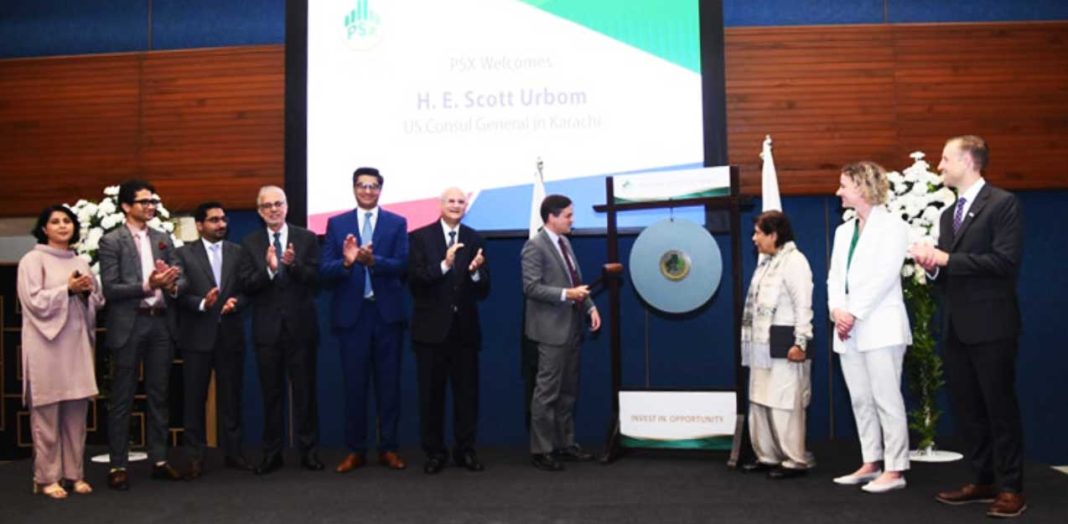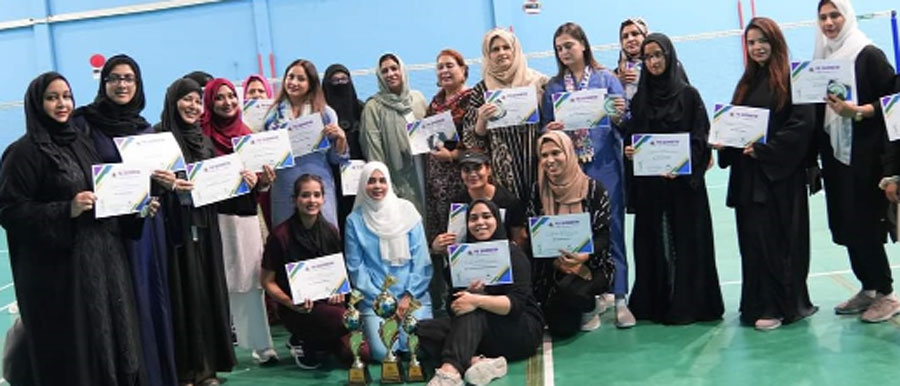

The recent visit of the Pakistan Media Delegation to China, organized in collaboration with China Economic Net (CEN), was a significant occasion that provided firsthand insight into the profound impact China has had on Pakistan’s development. The delegation was led by Ms. Yin Yanan from CEN and myself, representing Pakistan as the Secretary General of the Karachi Editors Club. A highlight of the visit was a tour of the China North Industries Group Corporation (NORINCO) headquarters, which showcased NORINCO’s contributions to urban transportation, infrastructure development, and energy within the framework of the China-Pakistan Economic Corridor (CPEC). As a state-owned giant, NORINCO has been at the forefront of transforming Pakistan’s urban mobility landscape, particularly through its involvement in the Lahore Orange Line Metro Train project.
NORINCO, a leading Chinese state-owned enterprise specializing in defense, infrastructure, and energy, has played a pivotal role in supporting Pakistan’s development goals. The company’s involvement in several large-scale infrastructure projects under CPEC has made it a crucial partner in modernizing Pakistan’s transportation network and energy grid. During the Pakistan Media Delegation’s visit, NORINCO’s Vice President, Wang Xiaobing, shared insights on the company’s work, specifically highlighting the Lahore Orange Line Metro Train project as one of NORINCO’s flagship achievements in Pakistan.
The visit underscored NORINCO’s extensive role in driving the success of CPEC projects, from energy solutions to urban transit systems. It also provided the delegation with a better understanding of NORINCO’s contributions to Pakistan’s economic growth, technology transfer, and infrastructure enhancement.
The Lahore Orange Line Metro Train
NORINCO’s most notable contribution to Pakistan’s urban infrastructure is the Lahore Orange Line Metro Train, which is Pakistan’s first-ever mass transit rail system. Inaugurated in October 2020, the project stands as a beacon of progress in Pakistan’s urban transportation development, reflecting the technological and operational expertise NORINCO has brought to the table.
As part of a consortium with China Railway Group Limited (CREC), NORINCO was responsible for the engineering, procurement, and construction of the metro system. This 27.1-kilometer-long rail line, which stretches across Lahore, includes 26 stations and services some of the city’s most densely populated areas. The Orange Line Metro was developed as part of CPEC and is a significant component of the broader Belt and Road Initiative (BRI), aimed at bolstering infrastructure connectivity between China and its partner countries.
The Lahore Orange Line Metro Train project is not just a milestone for Pakistan’s transportation network but also a symbol of technological advancement and sustainability. NORINCO introduced state-of-the-art systems to the Orange Line, making it a fully automated, electric-powered train network. The metro employs advanced signaling, communication, and control technologies to ensure that the trains operate efficiently and safely.
This technological leap has placed the Orange Line on par with global metro systems in terms of efficiency and sustainability. By running on electricity, the trains offer an environmentally friendly alternative to the city’s conventional public transport options, which rely heavily on fossil fuels. This shift is particularly important in combating the alarming air pollution levels in Lahore, one of the most polluted cities in the world.
NORINCO’s technological innovations have significantly enhanced the metro’s safety and reliability. Passengers now enjoy shorter travel times, higher comfort levels, and safer journeys, all while contributing to environmental sustainability. The metro’s ability to carry over 250,000 passengers daily also alleviates pressure on Lahore’s congested roads, helping to reduce traffic jams and vehicle emissions.
Impact on Lahore’s Urban Mobility and Daily Life
The Orange Line Metro Train project has fundamentally changed the way people in Lahore commute. Prior to its introduction, the city’s public transportation infrastructure was severely inadequate for a metropolis of over 11 million people. The existing system, mainly comprising buses, rickshaws, and private vehicles, could no longer handle the demands of an expanding urban population.
With the Orange Line now operational, residents have access to a fast, reliable, and cost-effective means of transportation that connects various parts of the city. The metro significantly reduces travel time, with passengers able to cross the city in under 45 minutes, a journey that previously took hours during rush hour. This has made commuting easier, particularly for students, professionals, and daily wage workers.
Moreover, the Orange Line has greatly improved accessibility for women, children, the elderly, and individuals with disabilities. By providing safe and comfortable transport for all demographics, NORINCO has made a substantial contribution to promoting inclusive urban mobility in Lahore.
Reducing Traffic Congestion and Carbon Emissions
The introduction of the Orange Line has also had broader social and environmental implications. One of the biggest benefits of the metro is its role in reducing road congestion. Lahore, like many major cities in developing countries, faces severe traffic issues. Before the Orange Line, congested roads and long commutes were the norm, contributing to inefficiency and frustration for daily commuters.
NORINCO’s urban transportation solutions have directly contributed to reducing the number of vehicles on the road. The metro system provides an attractive alternative to private vehicles and public buses, encouraging people to leave their cars behind. This shift not only reduces traffic congestion but also cuts down on the high number of road accidents, which are a frequent occurrence in heavily congested cities like Lahore.
Additionally, by reducing the city’s reliance on fossil fuel-powered vehicles, the Orange Line has contributed to lowering carbon emissions. This is an important step in improving air quality and addressing the environmental challenges Lahore faces due to its rapid urbanization.
A Model for Future Urban Transportation in Pakistan
NORINCO’s success with the Lahore Orange Line Metro Train has set a precedent for future mass transit projects in Pakistan. As the country continues to urbanize, the need for sustainable, efficient, and reliable urban transportation will only grow. The Orange Line serves as a model that other cities in Pakistan, such as Karachi, Islamabad, and Peshawar, can emulate.
NORINCO’s involvement in the Orange Line demonstrates how international collaboration and technological exchange can create transformative solutions to urban challenges. The project is not just a milestone for Lahore, but a blueprint for the future of public transportation in Pakistan.
Strengthening the China-Pakistan Partnership
The visit by the Pakistan Media Delegation and the CEN team to NORINCO highlights the deep-rooted and fruitful partnership between China and Pakistan. NORINCO’s contributions to the Orange Line project are a tangible result of this collaboration, showcasing how bilateral ties under the CPEC framework can translate into real benefits for Pakistan’s economy and society.
As Pakistan continues to invest in its infrastructure under CPEC, NORINCO’s role as a key player in urban transportation development will likely expand. With more projects in the pipeline, the China-Pakistan partnership promises to further transform Pakistan’s infrastructure landscape, ensuring sustainable growth and improved quality of life for its citizens.
NORINCO’s involvement in the Lahore Orange Line Metro Train project represents a major leap forward for Pakistan’s urban transportation system. By introducing cutting-edge technology and sustainable practices, NORINCO has revolutionized urban mobility in Lahore, offering residents an efficient, eco-friendly, and accessible mode of transportation. As the partnership between China and Pakistan continues to grow under CPEC, NORINCO’s contributions to Pakistan’s infrastructure development will remain crucial in shaping the future of urban transportation across the country.




